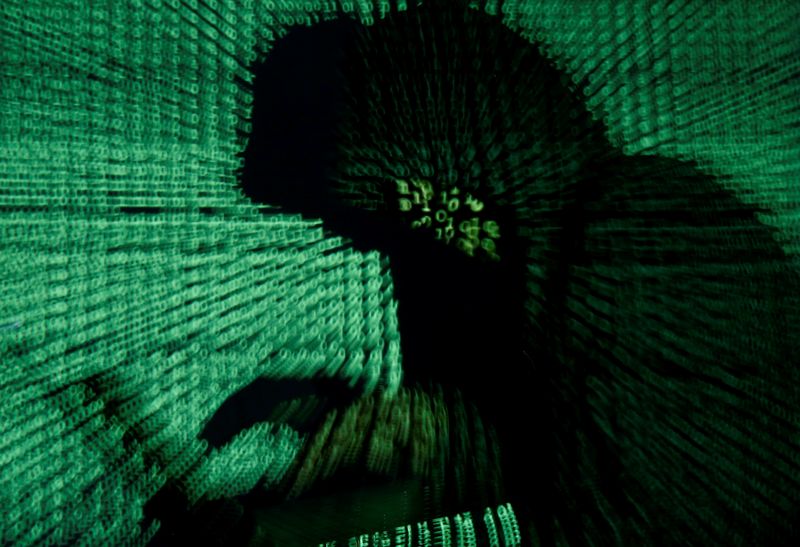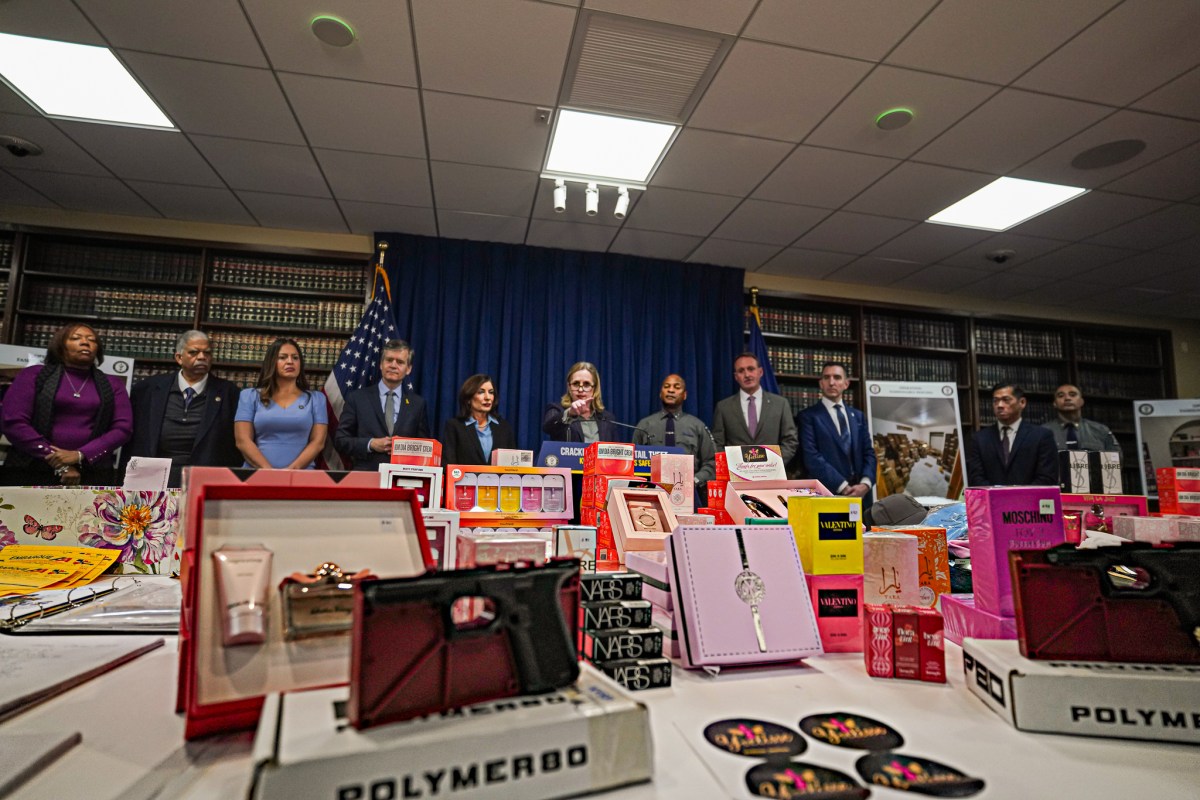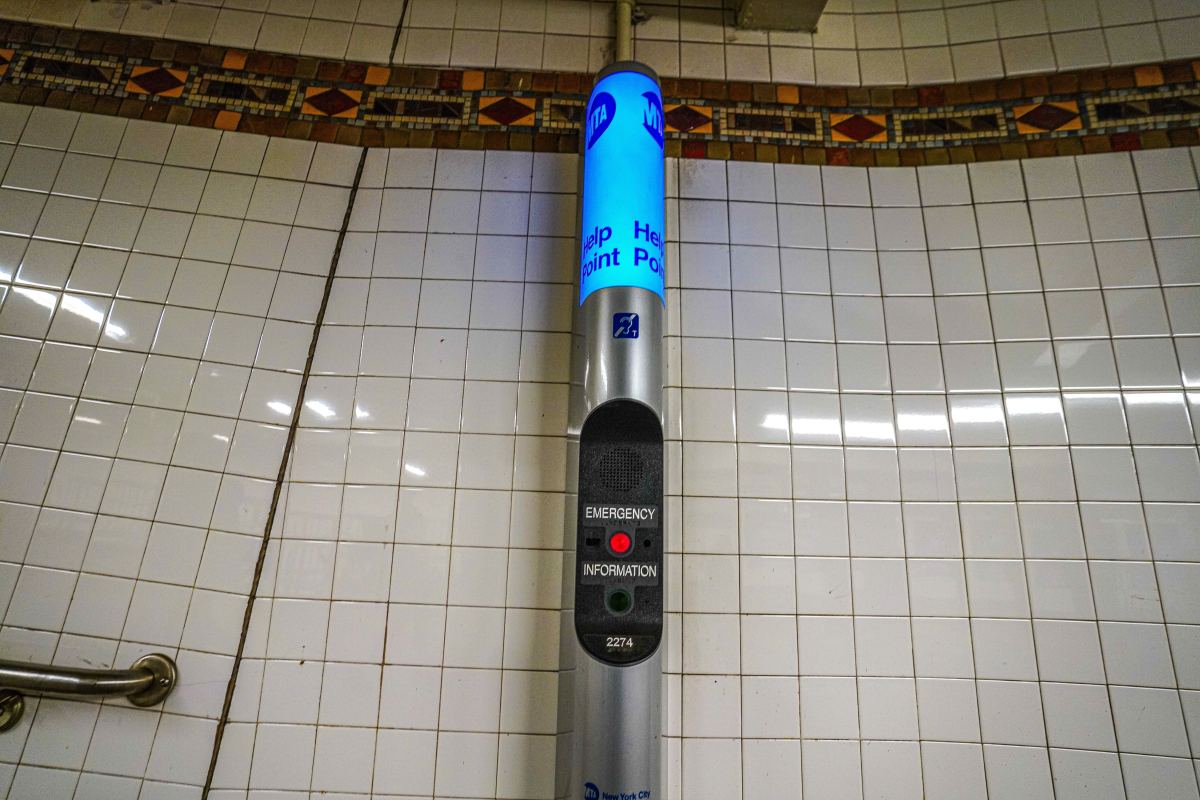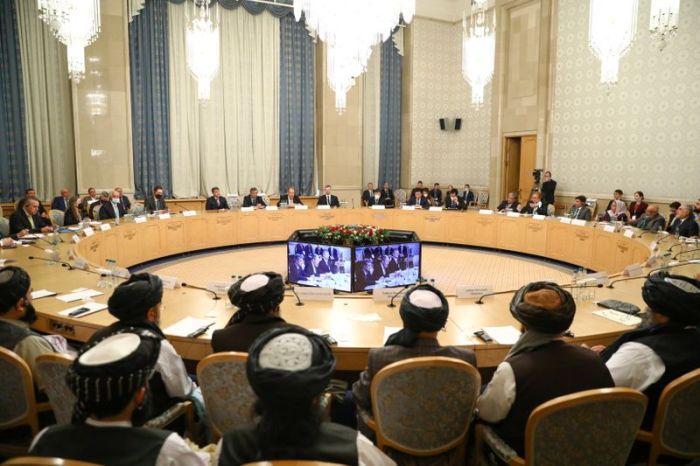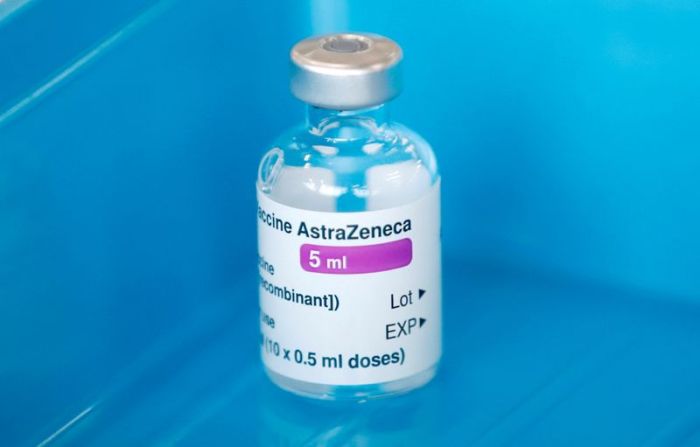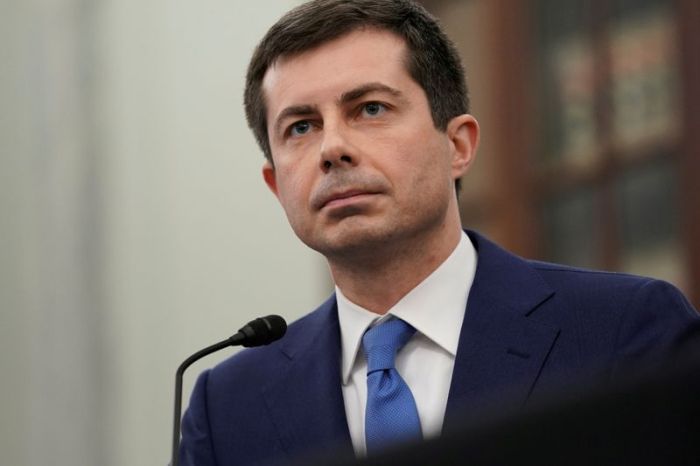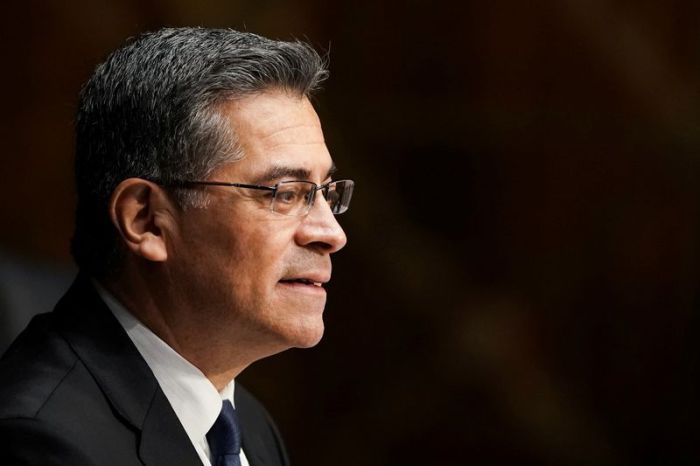(Reuters) – A Swiss computer hacker who has claimed credit for helping steal or distribute proprietary data from Nissan Motor Co, Intel Corp and most recently security camera startup Verkada was indicted on Thursday, U.S. prosecutors announced.
Till Kottmann, 21, remains in Lucerne and has been notified about the pending charges, the U.S. attorney’s office in Seattle said in a statement.
Kottmann did not immediately respond to a request for comment following the announcement of the indictment, which came after midnight in Lucerne.
Kottmann over the last year allegedly working with a group accessed internal files belonging to at least eight parties, including six unnamed companies, the Washington State Department of Transportation and an undisclosed federal agency, according to the indictment.
“Kottmann, and others, accessed protected computers, including ‘git’ and source code repositories as well as internal infrastructure, through use of stolen access keys, credentials and exploits,” the indictment said.
It added Kottmann overall hacked dozens of businesses and government agencies and purportedly published leaked data from over 100 entities.
In social media posts and on a website, Kottmann allegedly shared some of the information and took credit for breaches, the document said.
Dates and descriptions in the indictment related to two of the alleged hacks match Kottmann’s past statements about Intel and Nissan.
Intel declined to comment. Nissan and Verkada did not immediately respond to requests for comment.
This month, Kottmann shared with Reuters recordings of live and archived surveillance footage Kottmann obtained from inside a Tesla factory, an Alabama jail and other facilities by gaining access to Verkada’s administrative system.
Prosecutors accused Kottmann of wire fraud, aggravated identity theft and conspiracy to commit computer fraud and abuse.
It was not immediately clear if or when Kottmann would be brought to the U.S. to face charges. Swiss authorities raided Kottmann’s residence last week.
(Reporting by Paresh Dave; additional reporting by Joseph Menn; Editing by Leslie Adler and Michael Perry)

